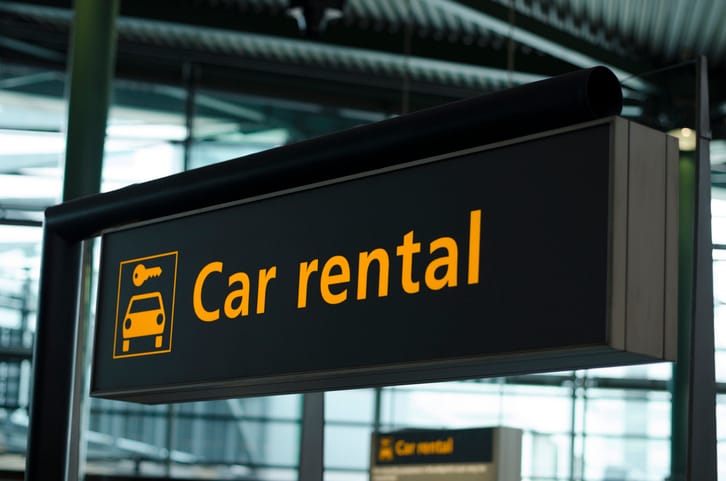Car Leasing 101: The Pros and Cons of Leasing a Vehicle

Ever dreamt of cruising down the road in a brand new car every few years? Leasing might be the key for you. But before you rush to the dealership, it's crucial to understand the intricacies of leasing a vehicle. This guide dives deep into the world of car leasing, exploring the advantages and disadvantages to help you decide if it's the right fit for your automotive needs.
What is Leasing?
Leasing is essentially renting a car for a predetermined period, typically 2-4 years. You make monthly payments to the lessor (usually a dealership or bank) and drive the car within agreed-upon mileage limits. At the end of the lease term, you have a few options:
- Return the car: The most common option. You simply return the vehicle to the lessor in good condition, minus normal wear and tear.
- Purchase the car: You can buy the car at a pre-determined residual value set at the lease signing.
- Trade-in the car: Some leases allow you to trade-in the leased car towards a new lease or purchase another vehicle.
Pros of Leasing:
- Drive a New Car Every Few Years: Always crave the latest features and technology? Leasing allows you to upgrade to a new car every few years, putting you behind the wheel of the most recent innovations.
- Potentially Lower Monthly Payments: Lease payments are often lower than loan payments for the same car because you're only paying for the car's depreciation during the lease term, not its entire value.
- Typically Covered by Warranty: Leases often coincide with the manufacturer's warranty period, so you're covered for most repairs during the lease term.
- Tax Advantages (in some areas): Depending on your location, you might pay sales tax only on the monthly lease payment instead of the entire car's value.
Car Examples for Leasing:
Let's consider two popular car segments: compact sedans and SUVs. Here are some examples that might be good choices for leasing:
- Compact Sedans: Honda Civic, Toyota Corolla, Hyundai Elantra - These fuel-efficient and reliable choices hold their value well, making them attractive lease options.
- SUVs: Honda CR-V, Toyota RAV4, Subaru Forester - These popular SUVs offer a good balance of practicality, features, and fuel economy, which translates well to leasing.
Cons of Leasing:
- You Don't Own the Car: At the end of the lease, you have no ownership stake in the vehicle. This can be a downside if you prefer to build equity in a car.
- Mileage Restrictions: Leases come with set mileage limits. Going over these limits incurs excess mileage fees, which can be expensive.
- Wear and Tear Limitations: You're responsible for maintaining the car in good condition. Excessive wear and tear beyond normal use can result in fees at lease end.
- Potentially Higher Overall Costs: While monthly payments might be lower initially, leasing can cost more in the long run compared to buying, especially if you factor in excess mileage fees and not owning the car.
Who Should Consider Leasing?
Leasing might be a good option for you if:
- You prefer to drive a new car every few years.
- You value predictable monthly payments and warranty coverage.
- You're a low-mileage driver who will stay within the lease mileage limits.
- You don't mind not owning the car at the end of the lease term.
Who Should Avoid Leasing?
Leasing might not be ideal for you if:
- You plan to keep a car for a long time.
- You put on a lot of miles annually.
- You like to customize your car significantly.
- You prefer to own the car outright and build equity.
Tips for Leasing a Car:
- Shop around: Get quotes from multiple dealerships and lenders to ensure you get the best deal.
- Negotiate the lease terms: Don't be afraid to negotiate on factors like the lease price, mileage allowance, and residual value.
- Understand the fees: Be aware of all potential fees involved, such as acquisition fees, disposition fees, and excess mileage fees.
- Read the fine print: Carefully review the lease agreement before signing, paying close attention to mileage limits, wear and tear clauses, and early termination penalties.
Leasing vs. Buying: The Final Decision
Ultimately, the decision to lease or buy depends on your individual needs and driving habits. If you crave new cars and stay within mileage limits, leasing can be a convenient and potentially budget-friendly option. However, if you prefer ownership and plan to keep a car for a long time, buying might be a better financial decision in the long run.
